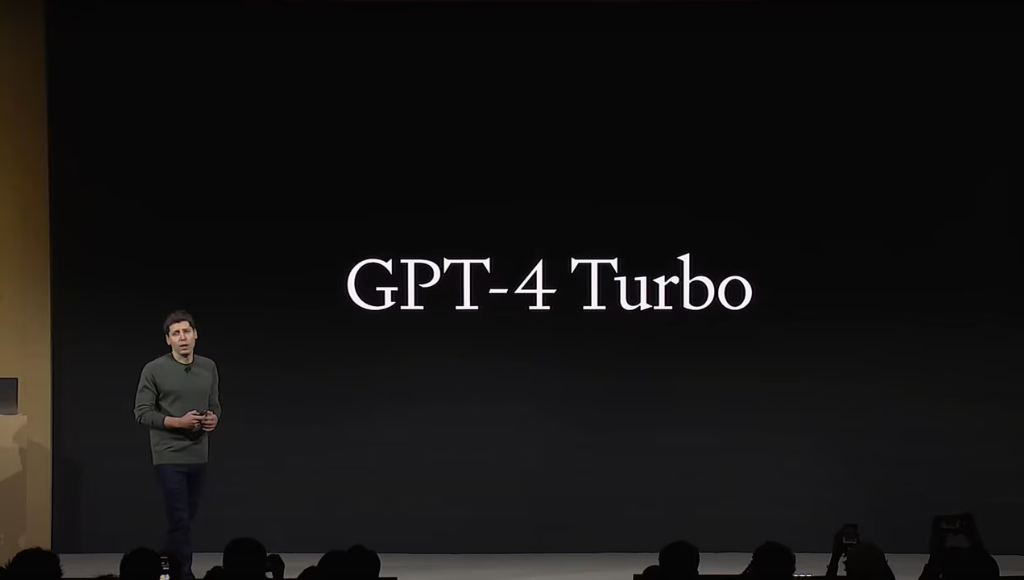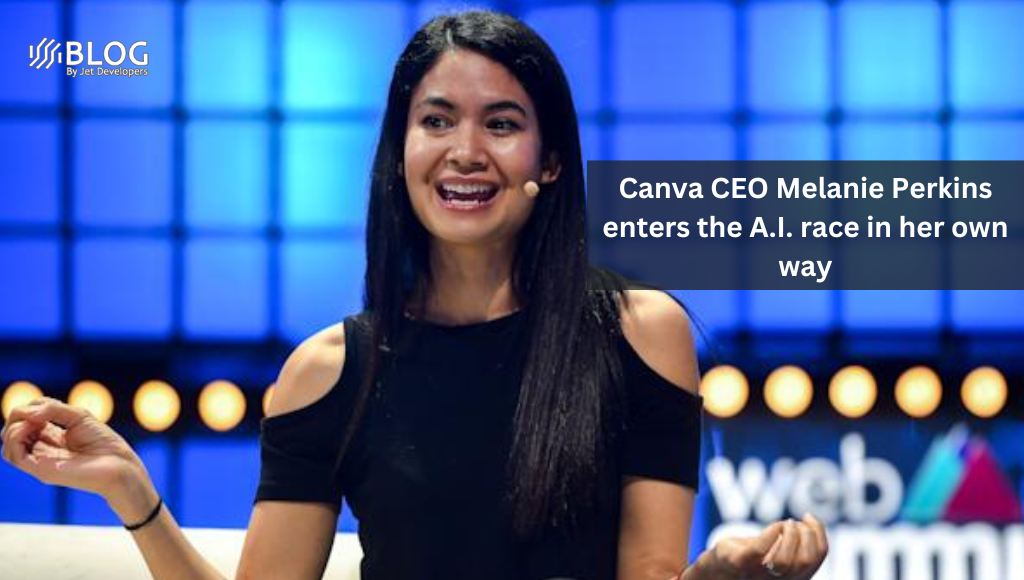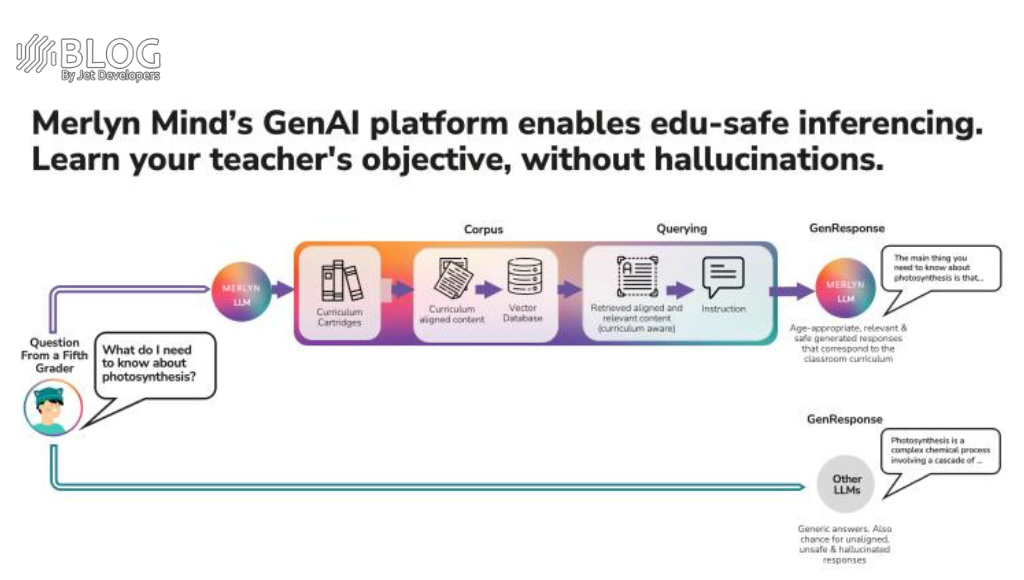During OpenAI’s inaugural Dev-Day held on Monday, the artificial intelligence powerhouse unveiled its latest achievement, the GPT-4 Turbo. This advanced language model represents a significant upgrade over its predecessors, including the GPT-4 and GPT-3.5. The standout feature of the GPT-4 Turbo is its expanded context window, supporting an impressive 128K range. This denotes the amount of text or information the model can assimilate when generating responses, a substantial leap from the 32k context window of its predecessor, the GPT-4. The enlarged 128K context window empowers the model to deliver responses that are not only more contextually appropriate but also more informed.
Currently available only in preview, the GPT-4 Turbo is slated for a full launch in the coming weeks. While earlier models were informed up to September 2021, the GPT-4 Turbo has been updated with knowledge extending to April 2023.
In a strategic move aimed at making advanced AI more accessible, OpenAI has significantly reduced the cost of the GPT-4 Turbo. The model now offers a threefold reduction in cost for input words and a twofold reduction for generated words compared to its predecessor, the GPT-4. Developers keen on testing the capabilities of the Turbo can easily do so by incorporating “gpt-4-1106-preview” into their API.
During the event, CEO Sam Altman introduced several APIs, including those for GPT-4 Vision, DALL-E 3, and text-to-speech. Altman emphasized that these groundbreaking announcements were the result of a year-long dialogue with developers, reflecting OpenAI’s commitment to meeting the evolving needs of the developer community.
Furthermore, OpenAI announced an enhancement to GPT-4 Vision, now integrated into GPT-4 Turbo. This integration allows the model to accept images as inputs in the Chat Completions API, facilitating applications such as generating captions, detailed analysis of real-world images, and document interpretation with figures.
A special appearance by Microsoft CEO Satya Nadella underscored the collaborative nature of AI advancements. Nadella expressed Microsoft’s dedication to providing the necessary resources for pushing the AI roadmap forward, citing a substantial investment of over $13 billion in OpenAI.
In a nod to the future, Altman hinted at the possibility of GPT-5, stating the intent without committing to a specific timeline. Additionally, OpenAI introduced ‘Copyright Shield,’ a measure aimed at safeguarding customers from copyright infringement claims. This initiative aligns OpenAI with industry leaders like Microsoft and Google, with OpenAI committing to covering legal costs in case their customers face copyright-related legal challenges.






